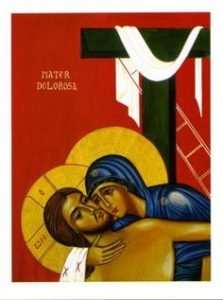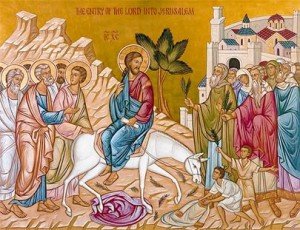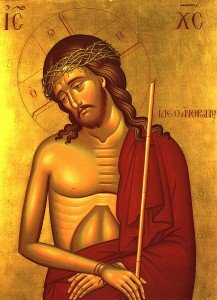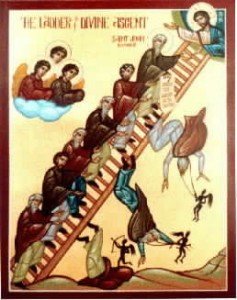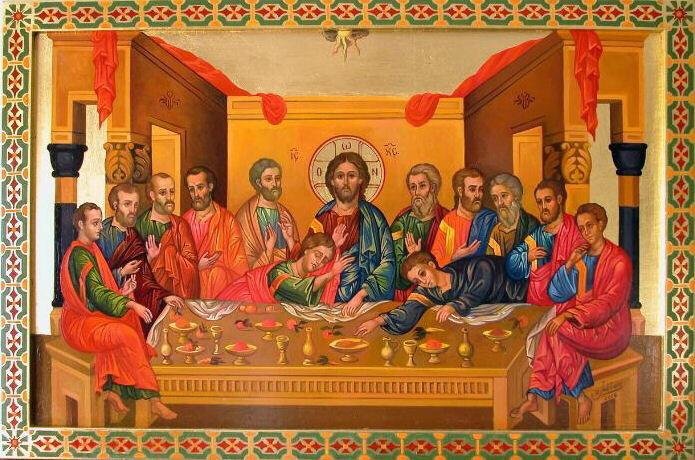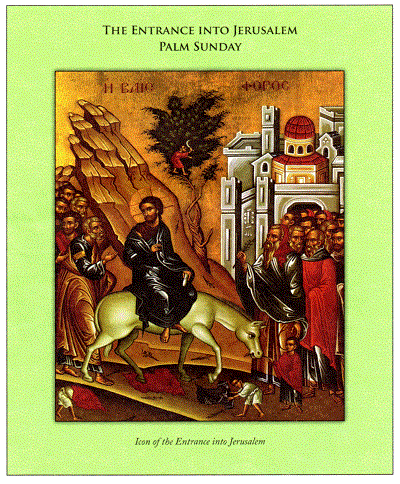 The Great Lent and Holy Week are two separate fasts and two separate celebrations. The Great Lent actually ends on Friday of the fifth week. The following day, Lazarus Saturday, begins the Great and Holy Week. This special week begins by the Church recalling that the Lord raised Lazarus from the dead. By this act, the Church confirms her true belief in the universal resurrection of all from the dead. This act also prefigures the Lord’s own resurrection that we will celebrate on the Great Day – Pascha – Easter.
The Great Lent and Holy Week are two separate fasts and two separate celebrations. The Great Lent actually ends on Friday of the fifth week. The following day, Lazarus Saturday, begins the Great and Holy Week. This special week begins by the Church recalling that the Lord raised Lazarus from the dead. By this act, the Church confirms her true belief in the universal resurrection of all from the dead. This act also prefigures the Lord’s own resurrection that we will celebrate on the Great Day – Pascha – Easter.
After we recall this event, we celebrate Willow or Palm Sunday, the Lord’s voluntary entrance into Jerusalem to His death.
The Monday, Tuesday and Wednesday of Passion Week are called the “the days of the Bridegroom” because the Church focuses our thoughts on Christ as her Bridegroom, Who bears the marks of His suffering and yet prepares a marriage Feast for us in God’s Kingdom.
Of course Holy Thursday remembers that the Lord promised to be with His Church always and made this truly possible by transforming bread and wine into His own Body and Blood. He established this miraculous way to be with His followers.
Great and Good Friday, of course, is the day upon which we remember His voluntary and noble death. On this day we sit vigil at His grave in thanksgiving for His great love.
Great and Holy Saturday is truly a day of hope and waiting. Although we know the end of the story, nevertheless we await to hear again the words which stir our hearts and minds as we celebrate the fact that God has rescued us from Death.
Passion Week ends on Saturday since PASCHA is a day unto itself and marks a new beginning for the followers of Christ – the true beginning of God’s Kingdom on earth. This new beginning is marked by an eight-day week. The first new week, which runs from Pascha to Thomas Sunday, is considered by the Church to be one week – Bright Week. Each day is marked by the use of one of the Eight Tones that are the proper prayers that we use during Ordinary Time.
Our Church presents all that Christ did for us in a most magnificent fashion. Let us truly enter into this Week with faith.

